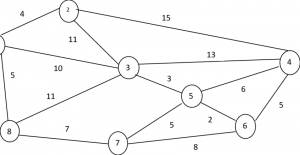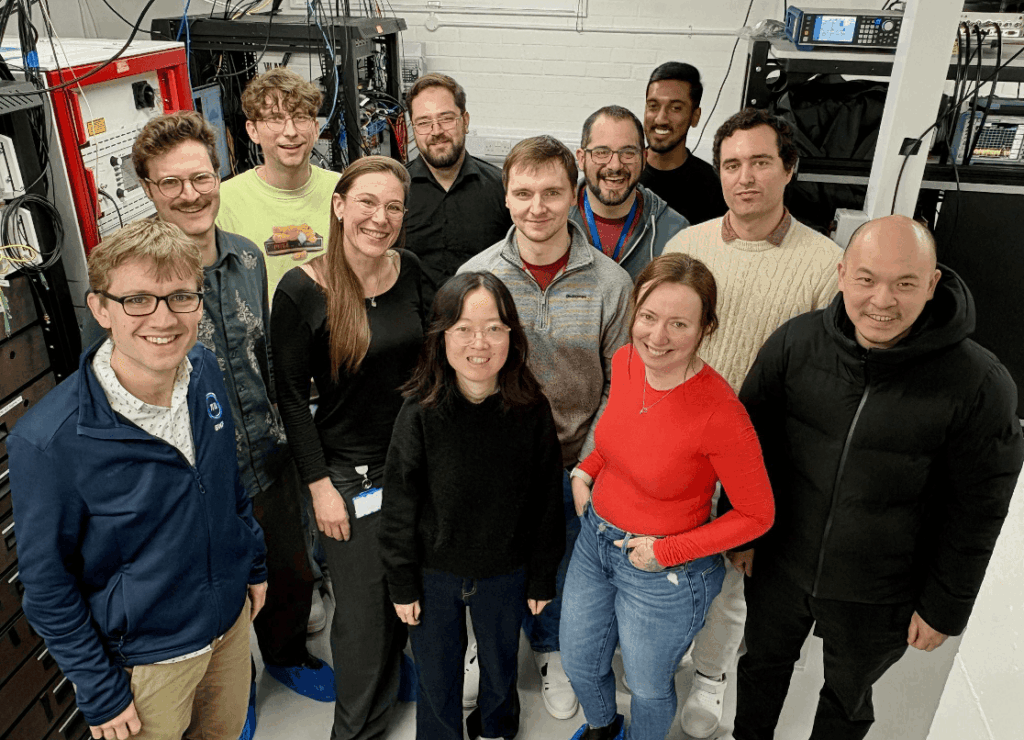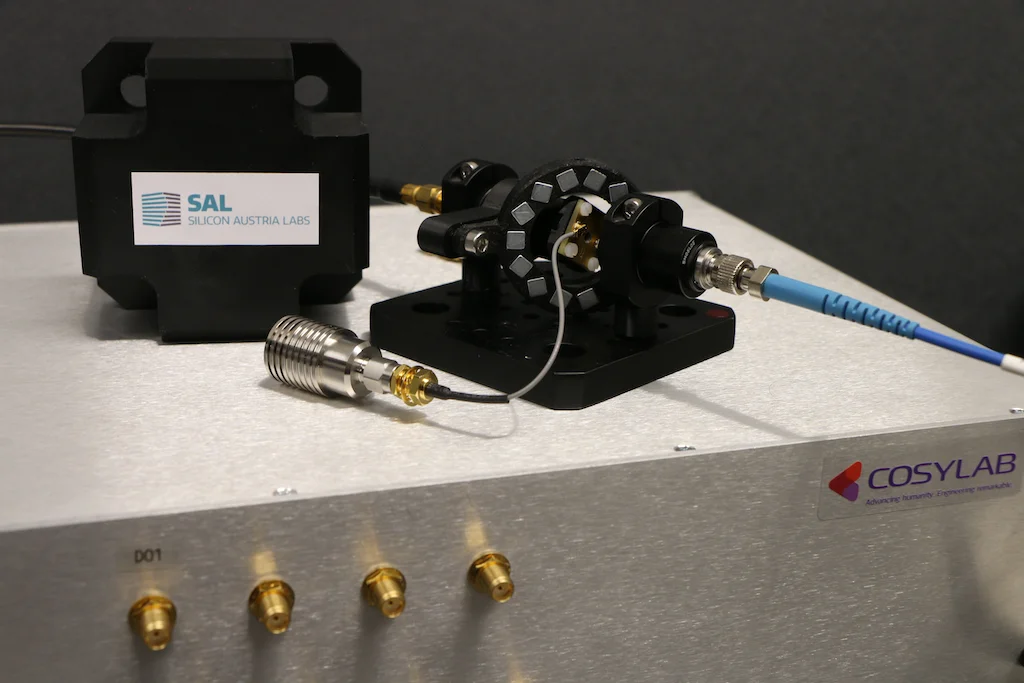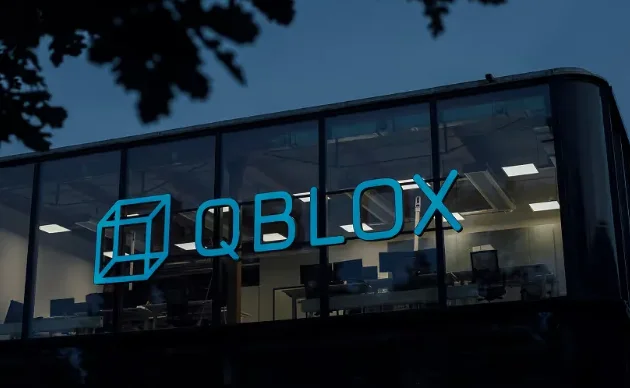
InfinityQ Technology, Inc. said its novel approach to a quantum computer outperformed — by nearly six-fold — other computers in a classically challenging optimization problem, according to a company news release.
As a demonstration of its capabilities, infinityQ used its hardware — InfinityQube — to solve the Traveling Salesperson Problem for 128 cities while other non-classical machines have solved 22 cities maximum.
The Montréal-based startup has coined its approach “quantum analog computing,” introducing a novel paradigm in the quantum space, according to a company news release.
As advantages of this approach, the company says that the device is compact, energy-efficient, operates at room temperature and relies on established chip technologies.

“We wanted to bring the computational power promised by quantum computing to the market today,” said Aurélie Hélouis, CEO and co-founder of infinityQ. “While quantum will eventually revolutionize computing, most experts agree that quantum devices will take another decade or more to mature. We, on the other hand, have developed a completely different approach — “quantum analog computing.” It is analog in two ways — referring to analogies with atomic quantum systems as well as to analog electronics. In practice, this means infinityQ develops computational capabilities by using artificial atoms to exploit the superposition effect and achieve quantum computing capabilities without the error correction and cryogenics tax. This allows the company to utilize several times less energy than a typical CPU and that its machine’s energy consumption is the same as a common light bulb.
Led by Hélouis, a former senior Navy officer, and Dr. Kristina Kapanova, co-creator of both the Discoverer supercomputer and the infinityQube, infinityQ’s novel device is positioned to address some of the most challenging computational problems faced in enterprises, including finance, pharmaceutical, logistics, engineering, energy and more. While currently the company is focused on optimization problems, infinityQ is not limited to them.
“Our technology’s additional advantages are two-fold. First, it can be integrated seamlessly into the existing HPC infrastructure,” said Kapanova, CTO of infinityQ. “But moreover, our quantum-analog approach is ideal for the era of edge computing due to its room-temperature capability and low energy requirements.”
With John Mullen, former Assistant Director of the CIA; Philippe Dollfus, Research Director at the Centre National de la Recherche Scientifique (CNRS); and Michel Kurek, both former Global Head of Algo Factory and Quantitative Trading for Societe Generale, on its advisory board, infinityQ has raised over $1 million USD in seed funding to date and is currently working with leading financial institutions and pharmaceutical companies on proofs-of-concept as investor-clients. Access to infinityQ’s hardware technology is available today via the cloud on an invitation-only basis.
infinityQ will make its industry debut at the virtual IQT Conference on May 17-20, 2021.
About infinityQ
Quantum-analog device innovator, infinityQ is leading a paradigm shift: While the current generation of the technology already delivers computational speed-up of 100 to 1000 times depending on the problem, the next generation of the technology will be faster and significantly more energy-efficient. infinityQ aims to address some of the most complex computational optimization problems facing finance, pharmaceutical, logistics, engineering, oil and gas, and other industries. Access to infinityQ’s hardware technology is available today via the cloud on an invitation-only basis.
If you found this article to be informative, you can explore more current quantum news here, exclusives, interviews, and podcasts.















